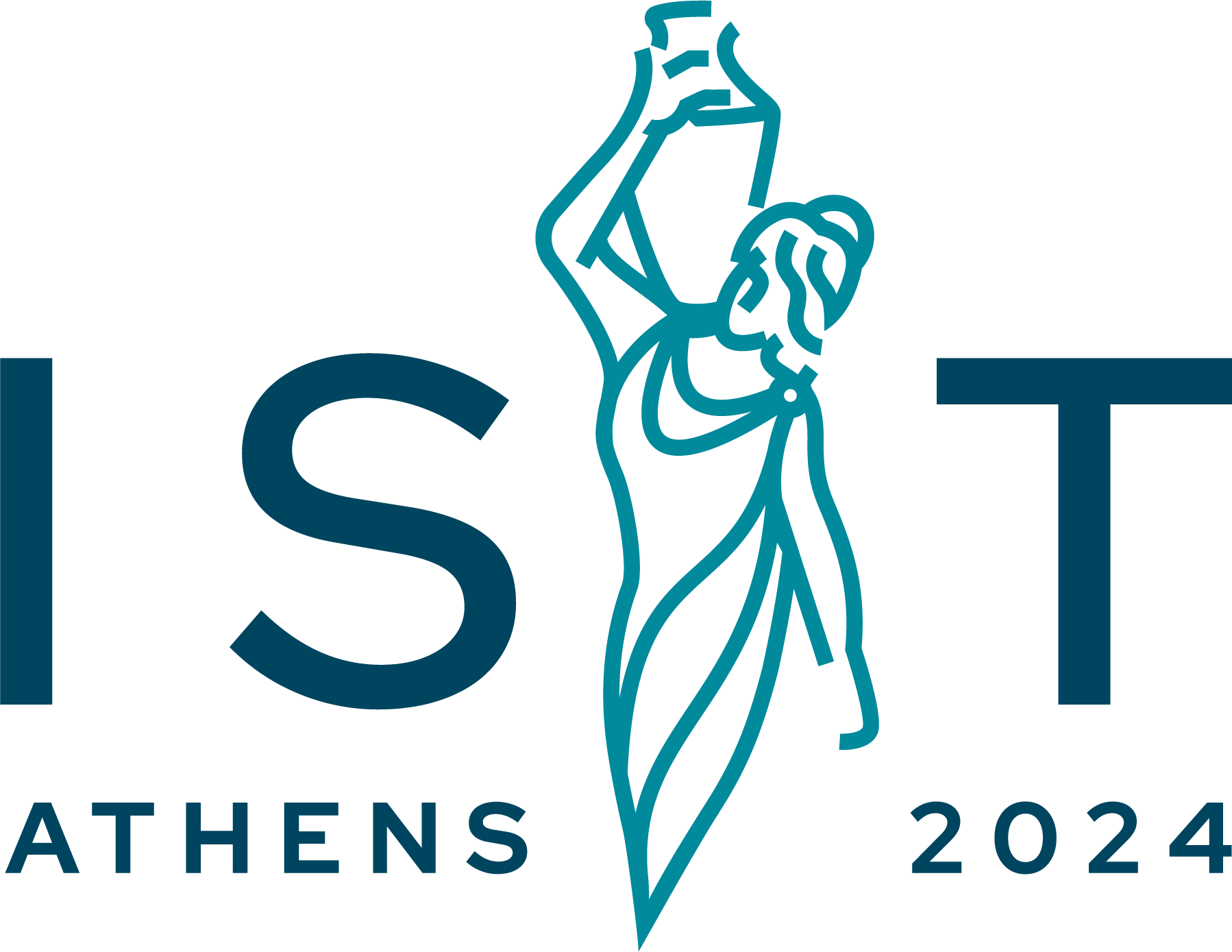The theme of this session is early career funding from government agencies in the US (the National Science Foundation - NSF) and the European Union (European Research Council - ERC). The session will feature six panelists in information theory and related fields who will make presentations about their experiences applying for and fulfilling the aims of their NSF and ERC early career awards. After a brief introduction to early career funding programs by the moderators from NSF and ERC, the panelists will briefly talk about their awards and how they used them to advance their activities in research and education. This session provides an opportunity for the audience to hear from leading researchers and educators on their experiences and the long-term impact of early career funding on their careers, in addition to an opportunity for the audience to ask questions of the panelists and the moderators about NSF and ERC funding programs.
Moderators
- Alfred Hero (US National Science Foundation)
- Eleni Chatzichristou (European Research Council)
NSF Panelists
ERC Panelists
Panelist Bios
Natasha Devroye (Professor, Electrical and Computer Engineering, University of Illinois Chicago, USA)

Biography: Natasha Devroye is a Professor in the Department of Electrical and Computer Engineering at the University of Illinois Chicago (UIC), which she joined in January 2009. From 2007-2008 she was a Lecturer at Harvard University, where she also obtained her Ph.D in Engineering Sciences in 2007. She has been an Associate Editor for IEEE Transactions on Wireless Communications, IEEE Journal of Selected Areas in Communications, the IEEE Transactions on Cognitive Communications and Networking, the IEEE Journal on Selected Areas in Information Theory, and the IEEE Transactions on Information Theory. She co-chaired the Women in Information Theory Society from 2015-2018, was an Information Theory Society Distinguished Lecturer for 2019-2021, is an IEEE Information Theory Society Board of Governors member (2021-2026) and was elevated to IEEE Fellow in 2023. Her research focuses on multi-user information theory, spectrum sharing, wireless communications, and recently, statistical analysis of hardware security and interpreting deep-learned error correcting codes.
Bobak Nazer (Associate Professor and Associate Chair of Undergraduate Programs, Department of Electrical and Computer Engineering, Boston University, USA)

Biography: Bobak Nazer is an Associate Professor as well as the Associate Chair of Undergraduate Programs in the Department of Electrical and Computer Engineering at Boston University. He received his Ph.D in 2009 and M.S. in 2005 from the University of California, Berkeley and his B.S. in 2003 from Rice University, all in electrical engineering. He is the recipient of the Gerald and Deanne Gitner Family Award for Innovation in Teaching with Technology in 2024, the IEEE Communications Society and Information Theory Society Joint Paper Award and the NSF CAREER award in 2013 as well as the Eli Jury award in 2009 from the Berkeley EECS Department.
Mary Wootters (Associate Professor of Computer Science and Electrical Engineering, Stanford University, USA)
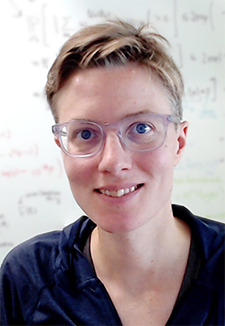
Biography: Mary Wootters is an associate professor of Computer Science and Electrical Engineering at Stanford University. She received a PhD in mathematics from the University of Michigan in 2014 and a BA in math and computer science from Swarthmore College in 2008, and she was an NSF postdoctoral fellow at Carnegie Mellon University from 2014 to 2016. She works in information theory, theoretical computer science, and applied math; her research interests include error correcting codes and randomized algorithms for dealing with high dimensional data. Her Ph.D. thesis received the Sumner B. Myers Memorial Prize from the UMich Math Department and the EATCS Distinguished Dissertation award; she is the recipient of an NSF CAREER award, was named a Sloan Research Fellow in 2019 and a Google Research Scholar in 2021; she was awarded the IEEE Information Theory Society James L. Massey award in 2022, and named the IEEE Information Theory Society Goldsmith Lecturer for 2024.
Dimitris Achlioptas (Professor, Department of Informatics & Telecommunications, University of Athens, Greece)
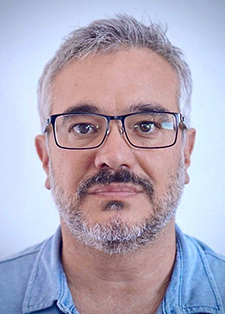
Biography: Dimitris Achlioptas joined the Department of Informatics and Telecommunications of the University of Athens in 2010. In theory, his expertise lies in the interaction between randomness and computation and his work on that subject has received an NSF CAREER award, a Sloan Fellowship, and an ERC Starting Grant. In practice, he likes to think about scalability questions and holds patents on topics ranging from load balancing and cache optimization to web search personalization.
Antonis Papavassiliou (Assistant Professor, School of Electrical and Computer Engineering, National Technical University of Athens, Greece)
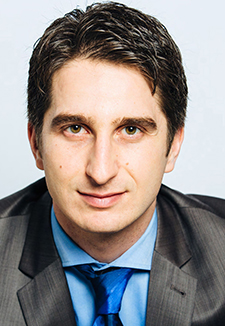
Biography: Antonis Papavasileiou is an Assistant Professor at the School of Electrical and Computer Engineering, NTUA. He was previously Associate Professor at the Center for Business Research and Econometrics (CORE) at the Catholic University of Louvain (UCLouvain), where he held the ENGIE Chair. His research interests focus on operational research, electricity market design, and electricity system operation. He has been distinguished as Research Professor 2018-2021 of the Franqui Foundation, he has received funding in 2019 from the Starting Grant of the European Research Council (ERC), and in 2021 he received the scientific award of the Bodossakis Foundation in the field of Applied Sciences.
Yannis Smaragdakis (Professor, Department of Informatics & Telecommunications, University of Athens, Greece)
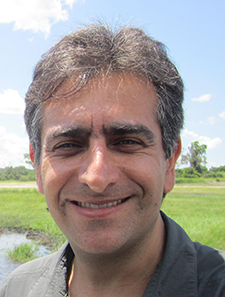
Biography: I am a Professor at the University of Athens. I received a Ph.D. in Computer Science from the University of Texas at Austin and was a faculty member in the USA for 11 years (most recently an Associate Professor at the University of Massachusetts, Amherst). My research area is Programming Languages and Software Systems, with particular emphasis on program analysis. I have received an NSF Career award and European Research Council (ERC) Advanced, Consolidator, and Proof of Concept grants.
